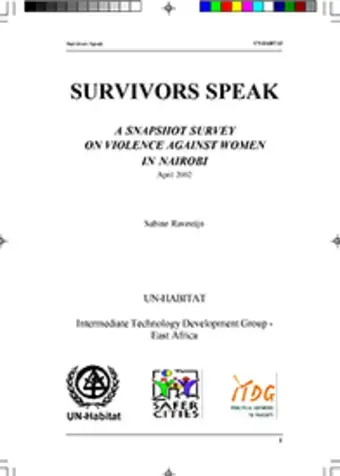With mounting globalisation, sprawling city-to-city connections, and an increasing role in global governance, it is critical for city leaders to understand and strategically orient their networking activities to open up the horizons of urban policy. Michele Acuto from University College London addresses this in the following lecture.
MP3


